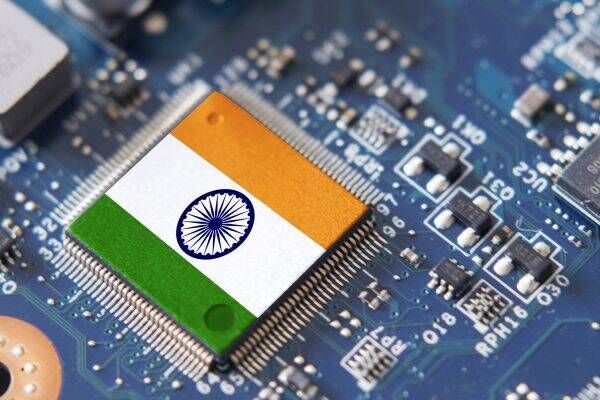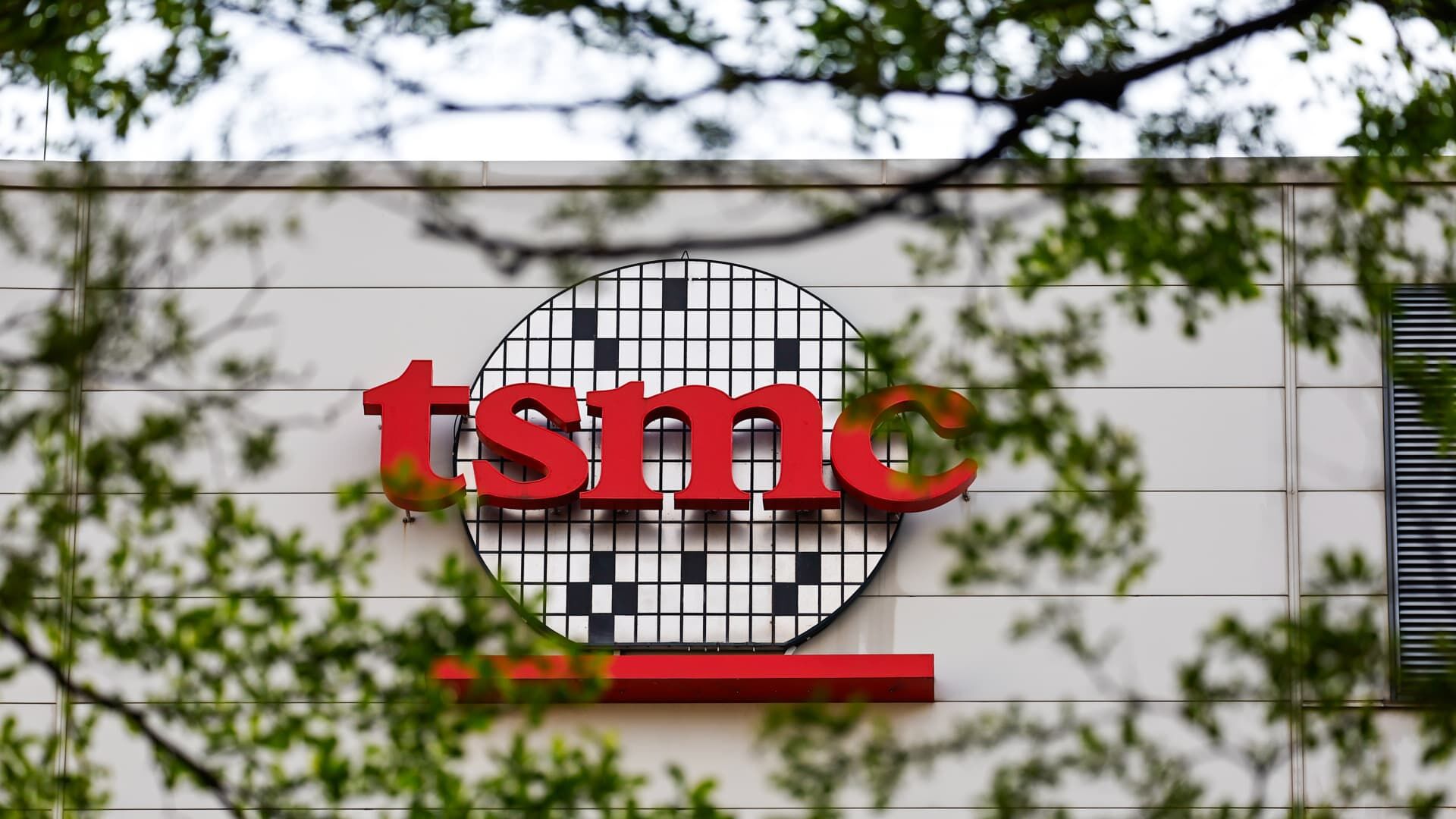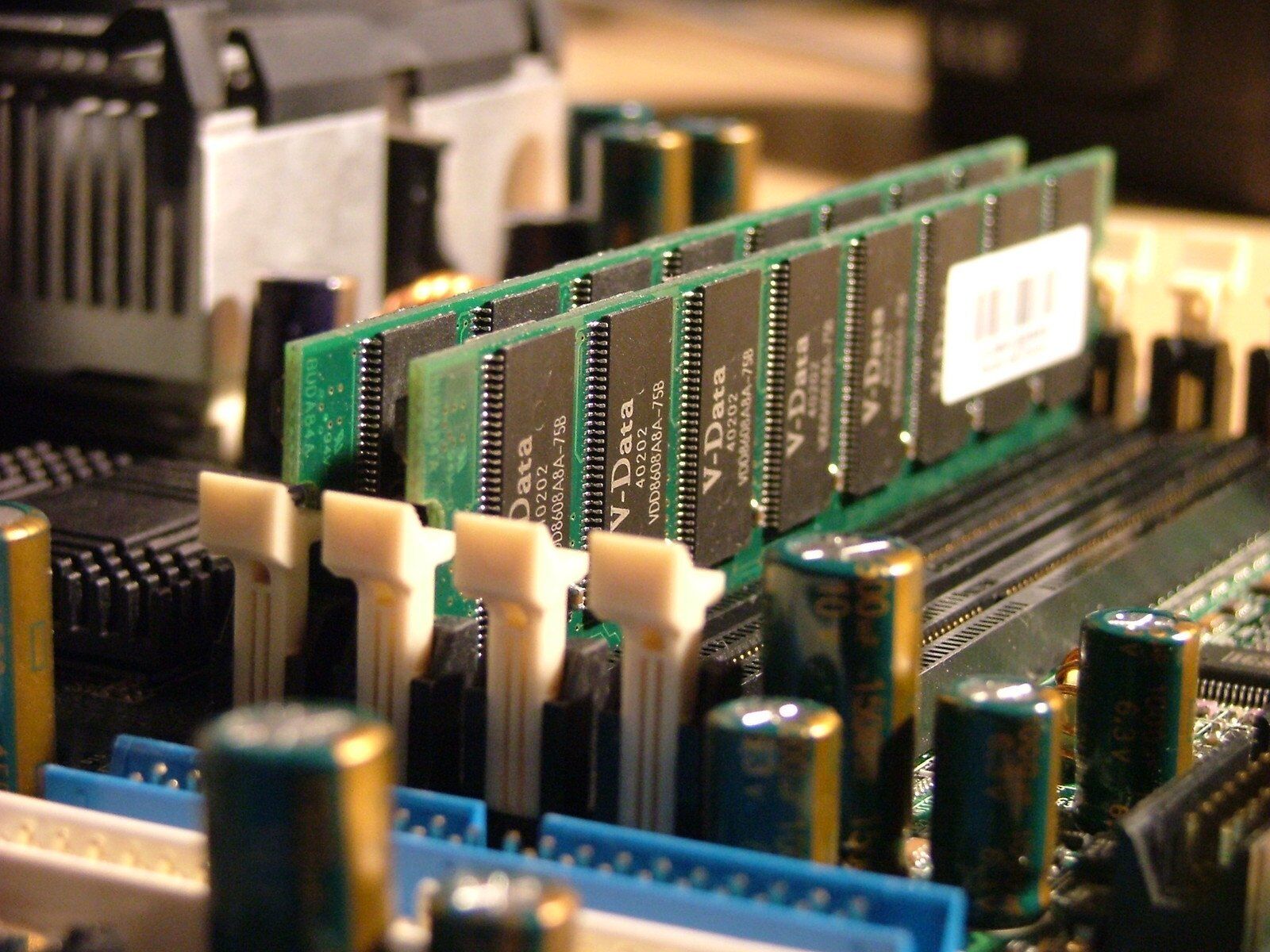December 13, 2024 /SemiMedia/ — As India works to establish its electronic manufacturing supply chain, the country’s semiconductor imports have continued to rise, highlighting an increasing dependence on mainland China. To mitigate risks and diversify its supply sources, India has taken several strategic actions.
India's semiconductor imports have surged in recent years, driven by a combination of factors that reflect the country's rapid technological advancement and growing demand for electronic products. The country's electronics manufacturing industry, particularly in consumer electronics, automotive electronics, and home appliances, has seen significant growth, increasing the demand for semiconductors. Additionally, government initiatives such as "Digital India" and "Make in India" have accelerated both digital transformation and manufacturing, contributing to the rising need for chips. The expansion of infrastructure, including 5G networks and smart city projects, combined with an expanding middle class and rising consumption, has further fueled this demand.
In the fiscal year 2024, India's semiconductor imports grew by 18.5%, reaching INR 1.71 trillion (approximately $201.9 billion) with a total of 18.43 billion chips imported. This increase follows a steady rise in the previous two years, with 14.64 billion chips imported in 2023, valued at INR 1.297 trillion, and 17.89 billion chips in 2022, valued at INR 1.071 trillion.
However, India's semiconductor supply chain is heavily concentrated, with more than 30% of imports coming from mainland China, followed by Taiwan region, Hong Kong, and South Korea. This concentration has raised concerns about supply chain security, particularly in light of geopolitical tensions and the growing competition in the global semiconductor market.
In response to these challenges, India has launched the Semicon India Programme, a comprehensive strategy aimed at reducing the country's reliance on imports. The program includes five domestic semiconductor manufacturing and packaging projects, with a total investment of INR 1.52 trillion. The initiative focuses on strengthening domestic manufacturing capabilities and attracting foreign investment to foster global partnerships. These efforts are designed to mitigate the risks associated with a concentrated supply chain and enhance India's self-sufficiency in semiconductor production.
Additionally, the Indian government is focused on skills development, with over 25,000 engineering students already receiving training through the "Chips to Startups" initiative. Plans are in place to train 85,000 more skilled professionals in the semiconductor industry.
These measures are designed to reduce dependence on imported chips, build a sustainable semiconductor supply chain, and enhance the competitiveness and self-sufficiency of domestic production.












All Comments (0)